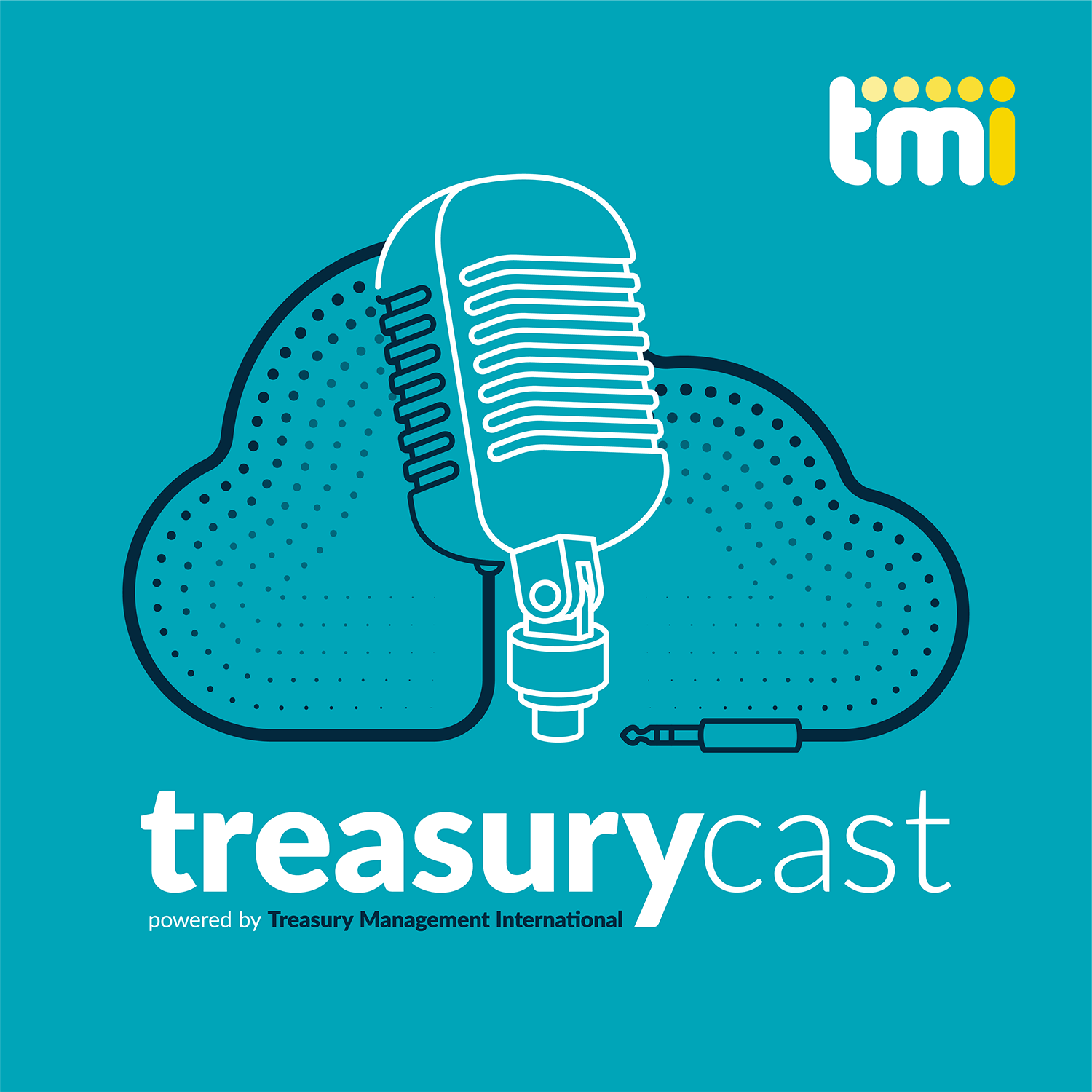Financial institutions and regulators require a common understanding of the EU Funds Transfer Regulation 2015’s (FTR 2015) revised scope and implications before its effective date or else they risk disruptions to transaction flows. This is according to Deutsche Bank’s newly-published whitepaper, “Funds Transfer Regulation 2015: a regional regulation with a global impact”.
Applicable from 26 June, 2017, the regulation will, in effect, broaden the required information – details relating to both the payer and payee – that must accompany transfer of funds involving at least one EU or EEA-based payment service provider (PSP). This will establish the means to better trace transfers of funds and help prevent, detect and investigate possible cases of money laundering and terrorist financing.
In April, the European Supervisory Authorities (ESAs) issued draft guidelines and began a public consultation period (lasting until the beginning of June). Both competent authorities as well as financial institutions must make every effort to comply with the final guidelines. But with a short lead time, banks may have underestimated the necessary groundwork. In response, Deutsche Bank’s whitepaper explains key requirements and open issues. These include:
- How to decide whether to execute, reject or suspend transactions lacking the requirement information on payer and payee;
- How to define a “repeatedly failed” transfer of funds, which is among several regulatory requirements still open to interpretation;
- Under what circumstances a name-number check is necessary to verify the accuracy of payee information received by a PSP;
- Under what circumstances it would be necessary to report non-compliant PSPs to the relevant regulatory authorities – and by which means.
“While the ESAs’ draft guidelines provide further clarity, they intentionally remain limited in scope and do not aim to achieve maximum harmonisation of PSPs’ approaches to complying with FTR 2015,” says Stefan Fruschki, Head of Regulatory Management, Institutional Cash Management, Deutsche Bank . “While this approach provides PSPs some flexibility to accommodate for different risk scenarios, it also carries some risk. A lack of clarity could harm the regulation’s effectiveness in achieving its principal aim of increasing the industry’s effectiveness in the fight against money laundering and terrorist financing.”
Christian Westerhaus, Deutsche Bank’s Head of Product & Strategy for Institutional Cash Management, adds: “Even seemingly small ambiguities can have significant impacts on how different banks interpret FTR 2015 and, therefore, how they build their processes around it. Furthermore, if the requirements are unclear or open to interpretation, disruptions to payment flows or unintended breaches of the regulation may occur, as well as a fragmentation to the regulatory landscape.”
Westerhaus concludes: “We hope that this whitepaper will contribute towards a common understanding, while pinpointing key areas where further clarification would be welcomed.”
FTR 2015 is the latest development in the globally recognised pursuit of enhanced AML and CTF protocols. This is of paramount concern to the industry, especially given that the United Nations Office on Drugs and Crime (UNODC) estimates that annual global money laundering flows account for 2%-5% of global GDP – equivalent to USD 800 billion-USD 2 trillion.
Read the full whitepaper here.





